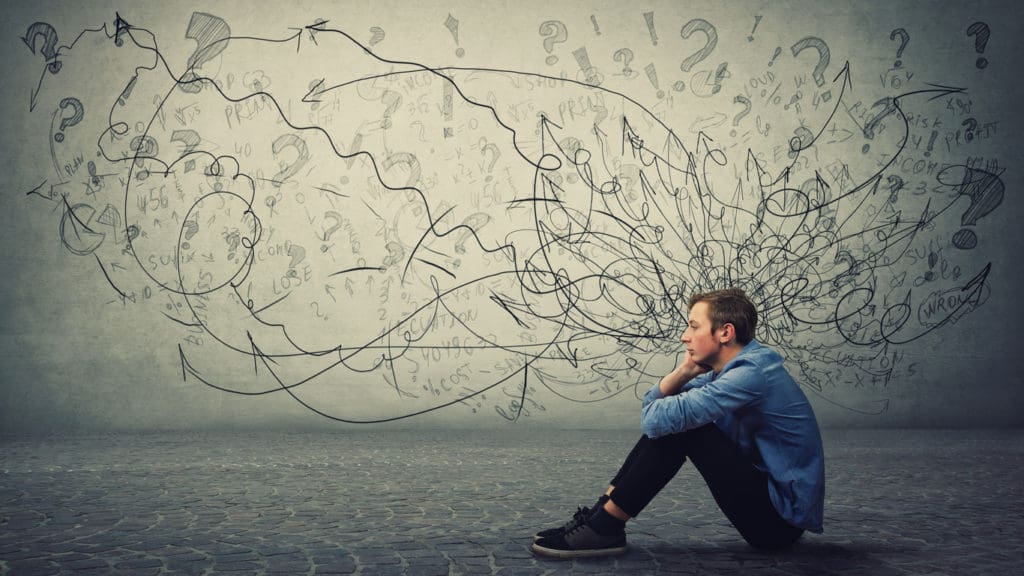
The Difference Between Anxiety and Depression
Anxiety and depression are two of the most common mental health issues. While these two terms come up frequently in casual conversations, some people struggle to distinguish between the two conditions. There are major differences between anxiety and depression and each one has very different symptoms. However, it’s not uncommon for those who suffer from anxiety to also experience depression and vice versa. Below, we’ll explore those differences in more detail to help you determine which condition you or a loved one is struggling with.
What Is Anxiety?
While occasional anxiety is a general part of life, an anxiety disorder goes far beyond temporary worry or fear. People who suffer from an anxiety disorder experience continuous stress or worry, which can get worse over time or be triggered by external factors. Anxiety may revolve around a number of things such as work, social interactions, and everyday circumstances.
The Public Health Agency of Canada lists symptoms of generalized anxiety as:
- Feeling restless or wound up
- Becoming easily tired
- Difficulty concentrating
- Irritability
- Muscle tension
- Uncontrollable feelings of worry
- Difficulty sleeping or staying asleep
Many of these symptoms interfere with a person’s daily activities such as their schoolwork, job performance, household responsibilities, and relationships.
What Is Depression?
Similar to anxiety, depression also negatively affects your mood. However, depression creates feelings of sadness, hopelessness, and loss of interest. While it is common to experience these feelings every now and then, depression is something that lasts longer than two weeks and significantly impacts how you function. The Public Health Agency of Canada lists depression symptoms as:
- Feelings of sadness
- Loss of interest in daily activities or activities once enjoyed
- Appetite changes
- Difficulty sleeping or oversleeping
- Low energy
- Purposeless physical activity such as pacing, hand wringing, or leg shaking
- Slow movements and speech
- Feeling worthless
- Difficulty thinking or concentrating
- Thoughts of death or suicide
Depression symptoms will vary from person to person. Some may experience all these symptoms while others may experience a few. The duration of these symptoms will vary for each individual as well.
Key Differences
The biggest difference between anxiety and depression lies within their definition. Depression is considered a mood disorder while anxiety is not. Anxiety leads to feelings of hopelessness, fear, or stress but it does not create the prolonged low moods associated with depression.
As shown in the information above, the symptoms of each disorder are vastly different. Nonetheless, the standard treatment of these disorders is somewhat similar, at least in the big picture. Both are treated using a combination of medication, counseling, and other mental health therapies. However, mental health professionals help those struggling with anxiety manage and control their symptoms and typically end treatment after a few months.
Those struggling with depression may need longer treatment to help manage their feelings of worthlessness or suicidal thoughts. People who do not respond to standard medications and treatments may see results with TMS.
Contact TMS Clinics of Canada to Help You Move Towards Recovery
Whether you suffer from clinical depression or anxiety, or some measure of both, TMS Clinics of Canada can help screen you and provide treatment options. Take our free assessment today to begin your journey.
